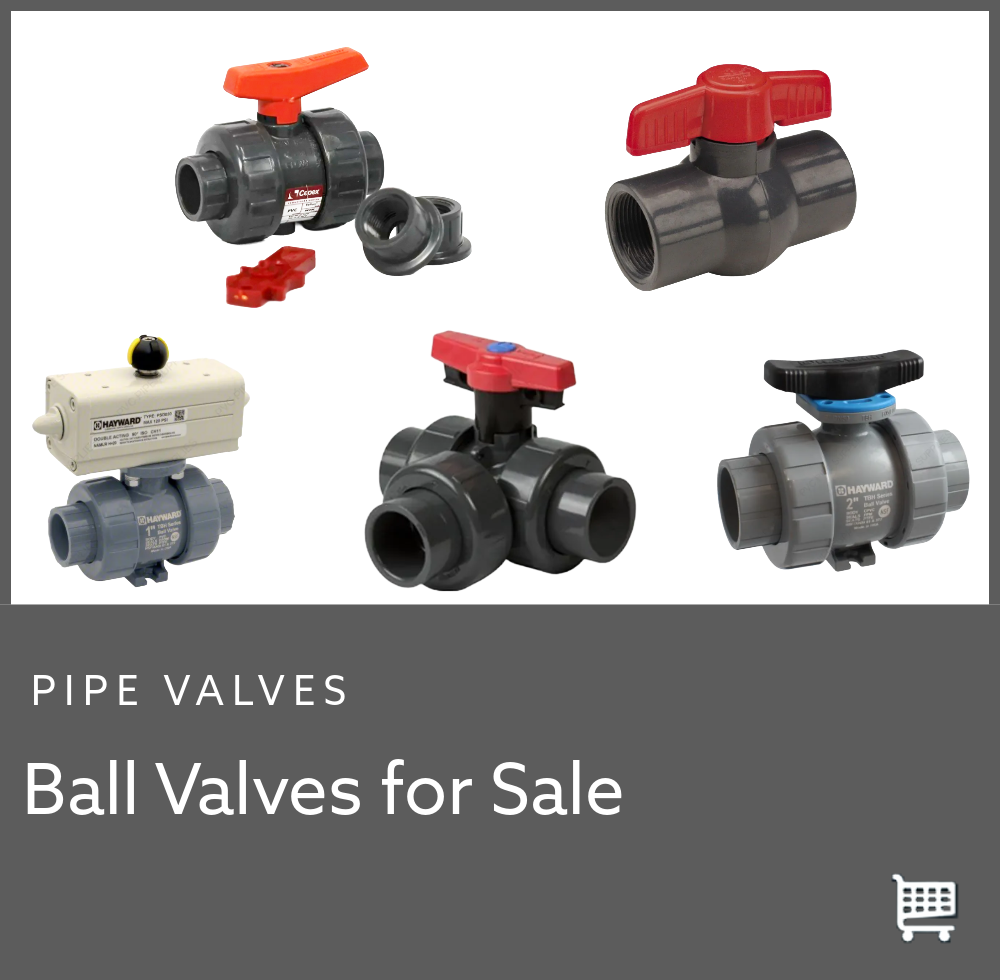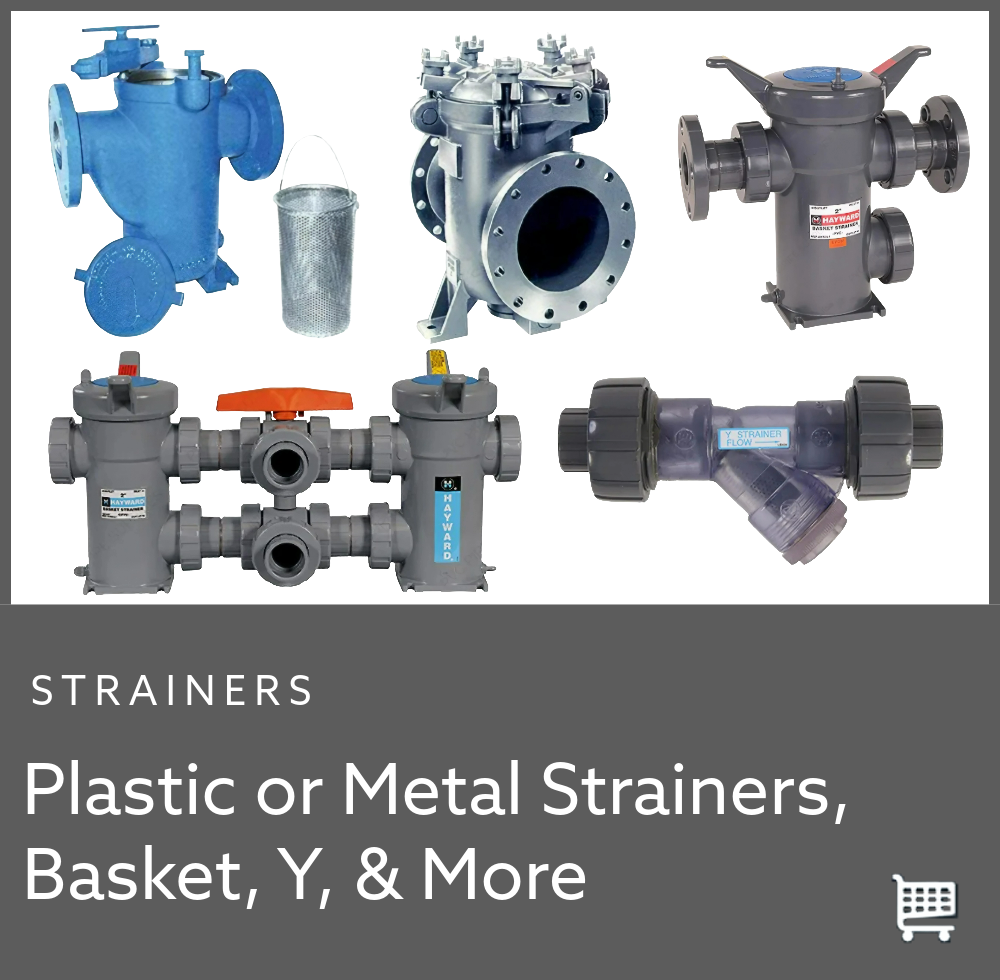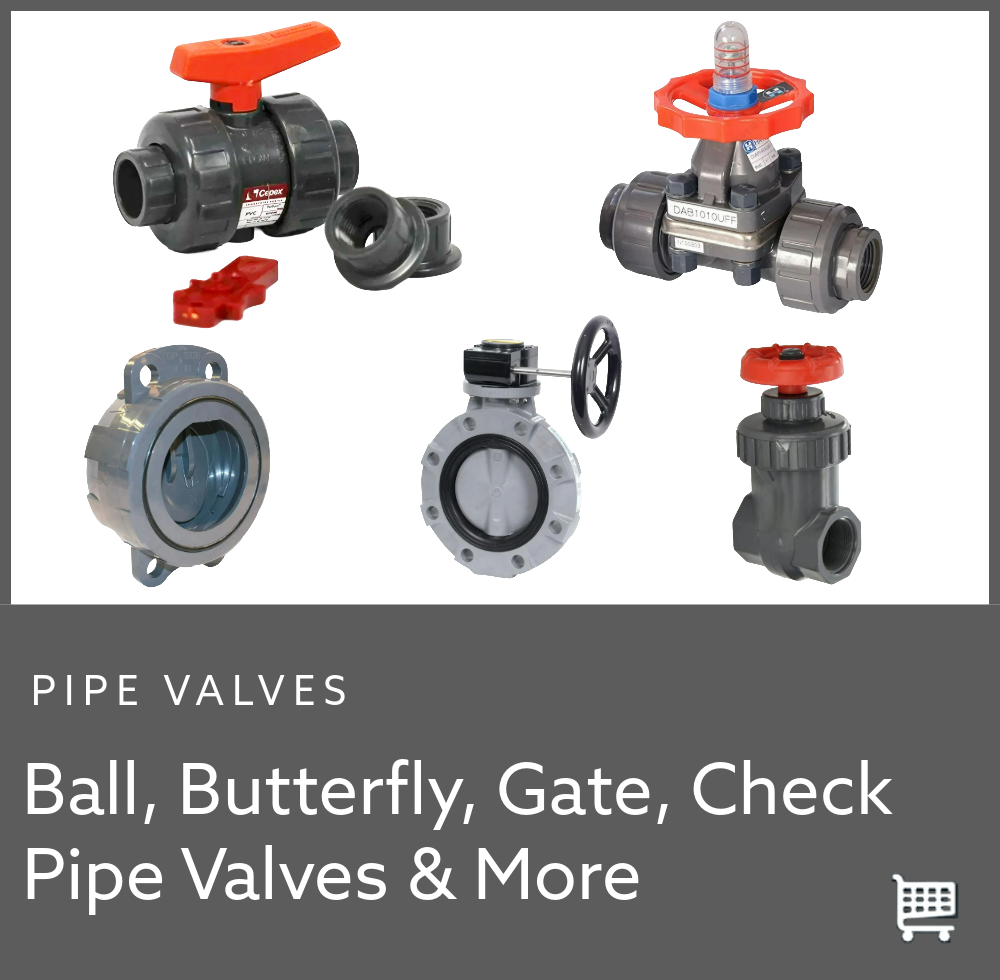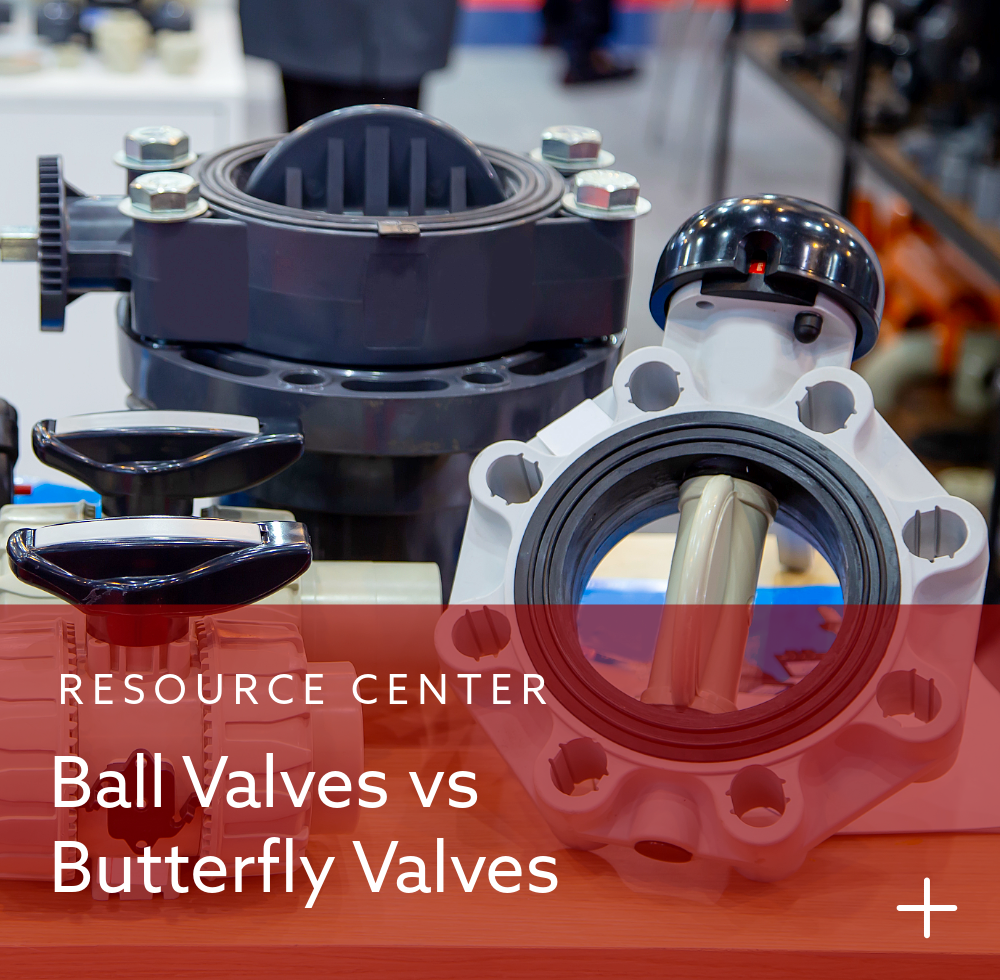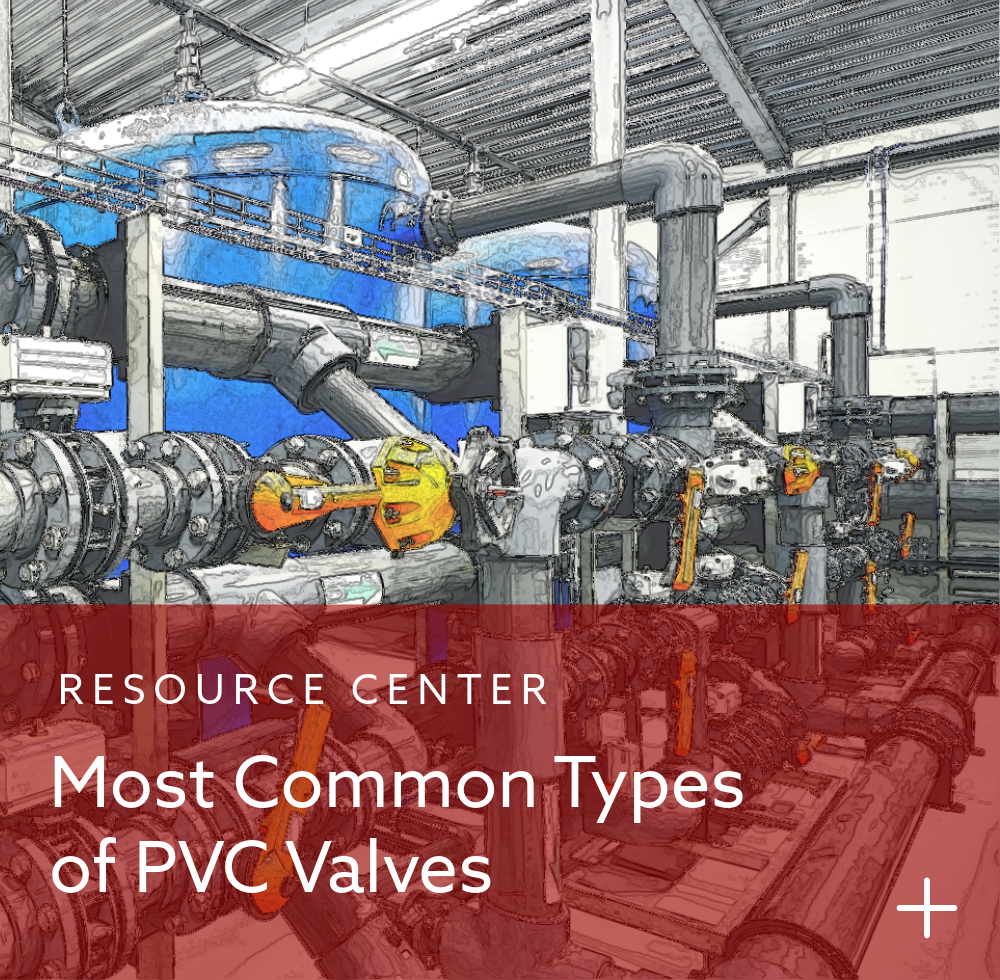 |
Ball valves are the workhorses of modern plumbing systems. From residential water lines to industrial chemical processing, these reliable flow control devices keep liquids moving exactly where they need to go. But not all ball valves are the same. Two distinct types—true union and single union ball valves—offer different advantages depending on your specific needs. Understanding these differences can save you time, money, and headaches down the road. This guide explores both valve types, focusing on PVC and CPVC options available from PVC Pipe Supplies. Whether you're planning a new pipeline or replacing existing valves, you'll discover which design best fits your application and budget. |
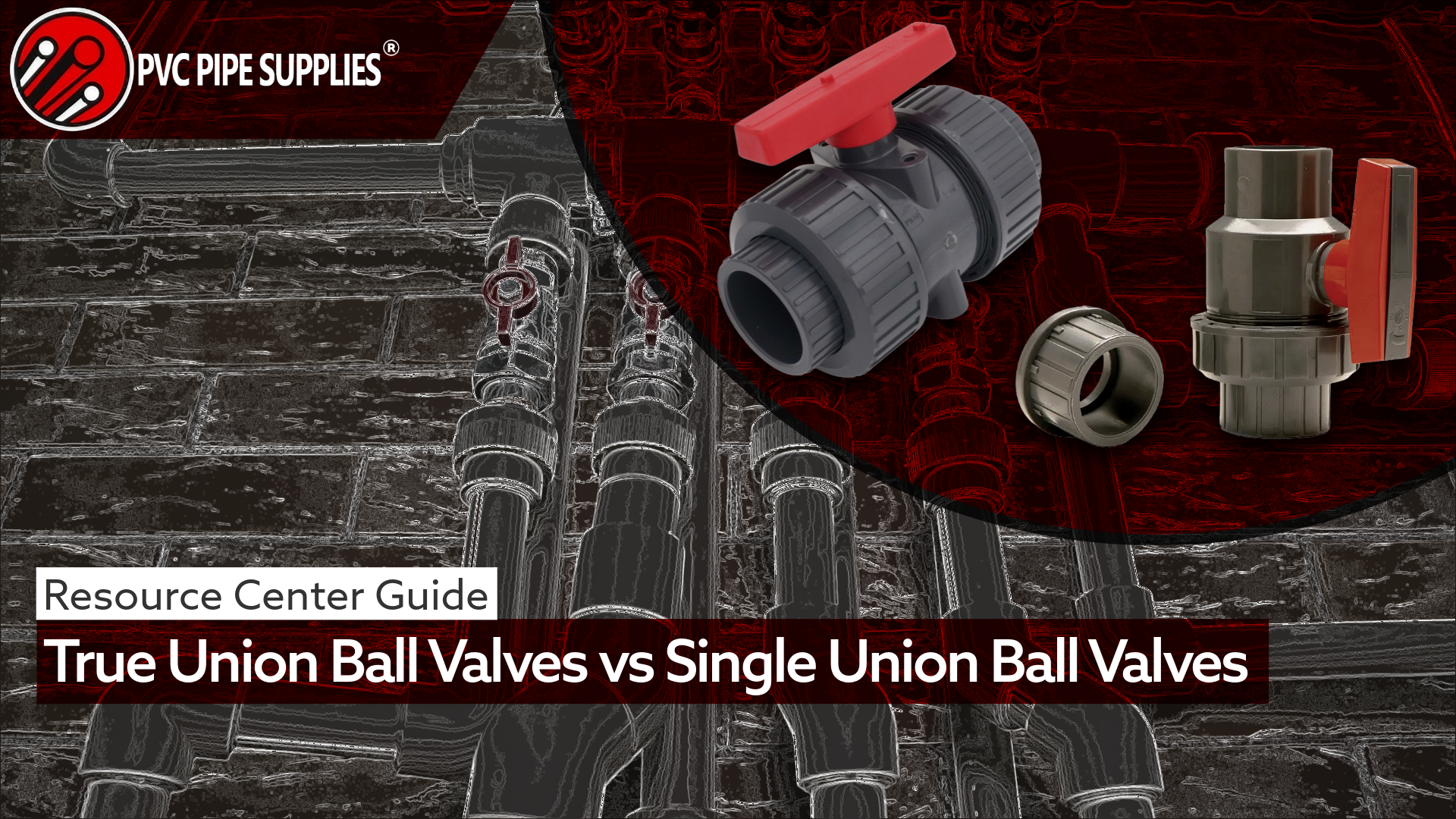

Ball valves are the workhorses of modern plumbing systems. From residential water lines to industrial chemical processing, these reliable flow control devices keep liquids moving exactly where they need to go.
But not all ball valves are the same. Two distinct types—true union and single union ball valves—offer different advantages depending on your specific needs. Understanding these differences can save you time, money, and headaches down the road.
This guide explores both valve types, focusing on PVC and CPVC options available from PVC Pipe Supplies. Whether you're planning a new pipeline or replacing existing valves, you'll discover which design best fits your application and budget.
What Are Ball Valves?
A ball valve is a quarter turn plumbing control device that uses a hollow, perforated ball to start or stop liquid flow. These valves have earned their trustworthiness and value through their simple operation, reliable sealing, and long service life.
How Ball Valves Work
Ball valve operation is straightforward. Inside the valve body sits a ball with a hole through its center. When the handle is turned 90 degrees, the ball rotates:
- Open position: The hole aligns with the pipe, allowing full flow.
- Closed position: The solid side blocks the pipe, stopping flow completely.
This quarter turn design makes ball valves incredibly fast to operate. Flow can be shut off instantly—a valuable feature for emergency situations or systems that require frequent cycling.
Key Components
Every ball valve features five parts:
- Valve Body: The outer casing that connects to the piping system.
- Ball: The flow control element with a precision drilled hole.
- Stem: Links the handle to the ball to transmit rotational force.
- Seats: Polymer rings that create a tight seal around the ball.
- Handle: Provides manual operation and visual position indication.
Material Options: PVC and CPVC
Ball valves are available in two primary materials:
- PVC (Polyvinyl Chloride) offers moderate chemical resistance and durability for temperature applications up to 140°F. PVC valves resist corrosion from most commonly used acids and bases, and are ideal for water handling lines and general industrial use.
- CPVC (Chlorinated Polyvinyl Chloride) offers performance for higher temperature applications up to 200°F while providing improved chemical resistance. CPVC valves can handle hot water systems and heated chemical processes where PVC would fail.
Why Choose Ball Valves?
Ball valves excel where reliability matters most. Their simple design means fewer parts to fail. The quarter turn operation provides quick response times, and when properly closed, it creates a bubble-tight seal that works to prevent leaks. Ball valves come in various sizes and types to match different piping systems and application needs.
These advantages make ball valves ideal for water distribution, chemical handling, irrigation systems, and any application where dependable flow control is non-negotiable.
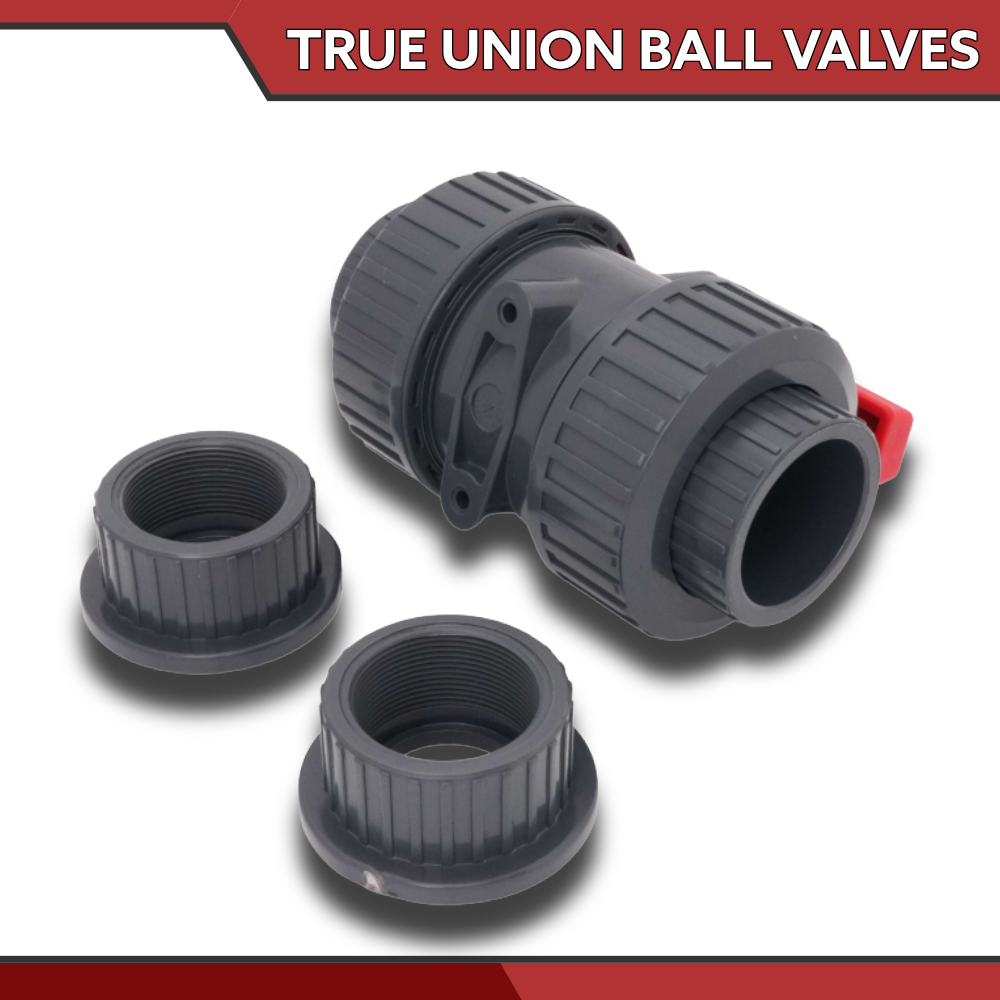

True Union Ball Valves
True union ball valves are the premium option in ball valve design, engineered specifically for applications where ease of maintenance and operational reliability are priorities. These valves are unique due to their removable double union construction that changes maintenance and repairs from complex projects into simple procedures.
Design and Features
Double Union Construction
The main feature of true union ball valves is their union connections on both ends of the valve body. This design allows the entire valve mechanism to be fully removed from the pipeline without having to cut pipes or dismantle adjacent connections.
Think of a union valve as a modular (multipart) system. When maintenance becomes necessary, you simply disconnect the unions, lift out the valve, and install a replacement or rebuilt unit. The pipeline remains intact, and downtime can be reduced from hours to minutes.
Modular Internal Design
Beyond the external unions, true union ball valves frequently have a modular internal construction also. Individual components like the ball, stem, or sealing rings can be replaced independently. This modularity means the entire valve often doesn’t have to be replaced when only a single component wears out.
Advantages
Maintenance Without System Disruption
The primary advantage of true union ball valves lies in their ease of maintenance. Traditional valve replacement requires cutting pipes, installing new fittings such as couplings and the valve, often new pipe lengths, and extensive system downtime. The design of true union valves eliminates these complications.
Maintenance teams can replace these valves in minutes rather than hours. The surrounding piping remains undisturbed. System pressure can be restored immediately after valve installation. This speed and efficiency translate directly into reduced labor costs and minimal interruption to operations.
Long Term Cost Savings
While true union ball valves typically cost more initially, their modular design delivers savings over time. The ability to replace individual components extends valve life far beyond traditional designs. This ability to rebuild rather than replace reduces overhead costs.
Consider a water treatment facility with 50 valves. Traditional valve replacement might cost $200 per valve plus 2 hours of labor. If true union valve maintenance costs $50 in components plus 15 minutes of labor, over a 10 year period, the savings compound dramatically.
Flexible Installation Options
True union ball valves are available in both threaded and solvent welded connections for installation flexibility across different piping systems. Threaded connections allow for full removal and reuse, while solvent welded joints provide a permanent install along a pipe segment. This versatility means you can use true union valves regardless of your existing piping configuration.
Industrial Grade Performance
True union ball valves commonly handle pressures from 150 PSI up to 235 PSI, making them suitable for many industrial applications and pressurized distribution pipes. Their strong construction, precision machined components, and modern sealing materials withstand pressure cycling, thermal stress, and aggressive chemicals that would damage lighter duty or lower quality valves.
Common Applications
Water Treatment and Chemical Handling
Industrial water treatment facilities utilize true union ball valves for their chemical resistance and streamlined maintenance. These systems often handle thousands of gallons daily and often involve corrosive chemicals that, for hazard prevention, demand reliable flow control.
Chemical processing plants use true union valves on process lines and solution feed lines where valve failure could halt operations, contaminate products, or create exposure risks. The ability to quickly replace these valves keeps production on schedule while maintaining safety standards.
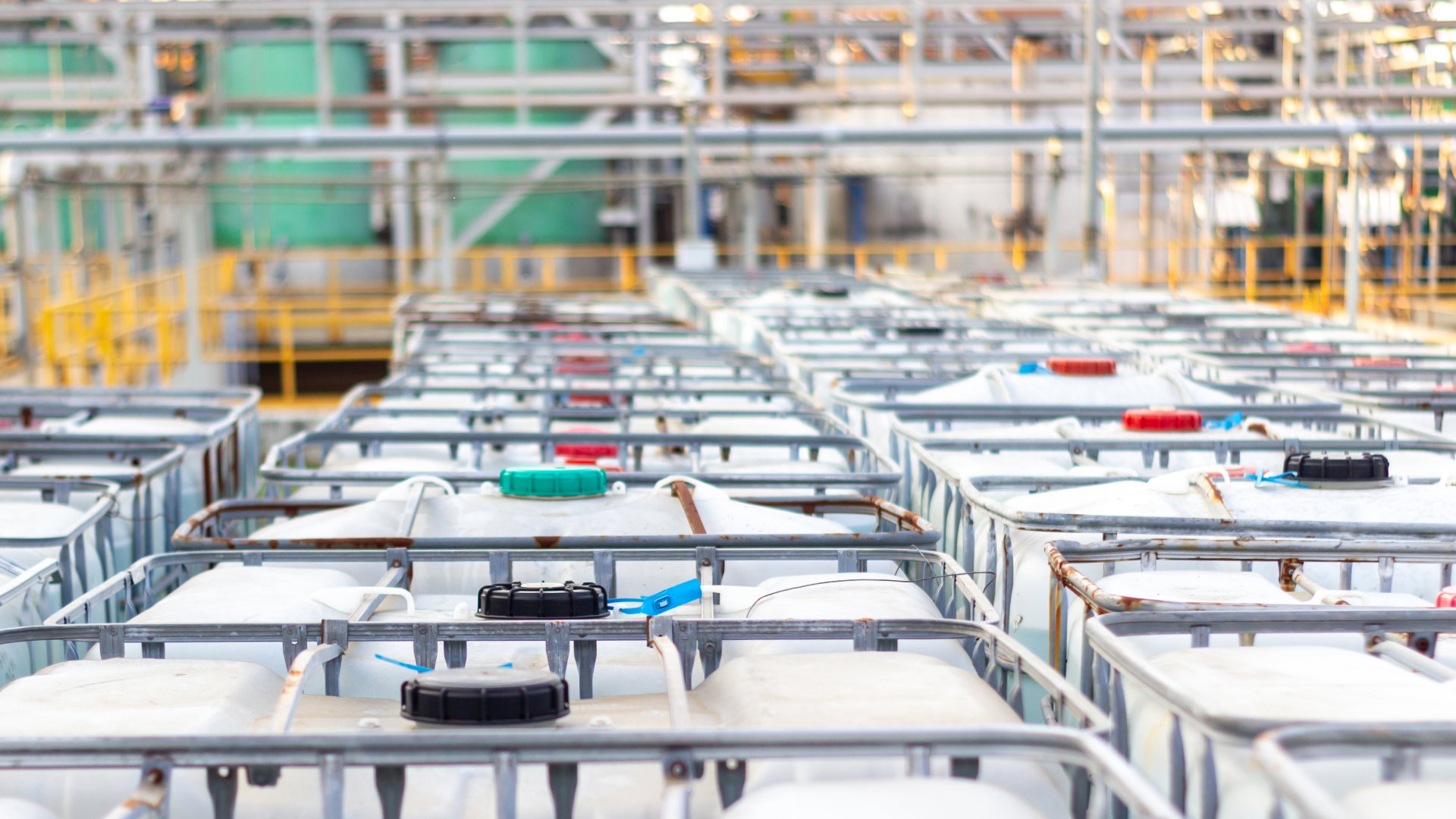

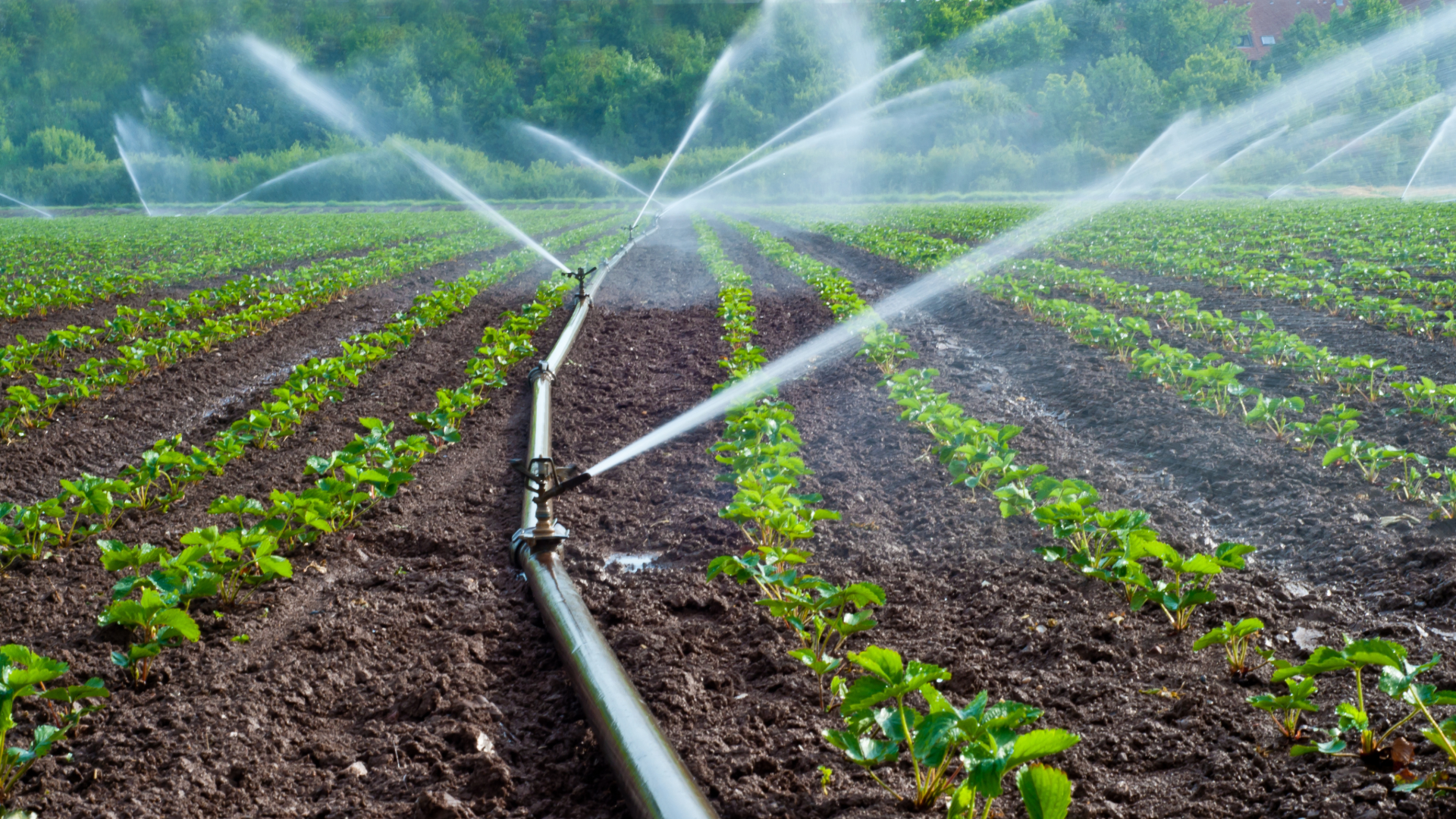

Irrigation Systems
Large scale irrigation systems choose true union ball valves for applications where water delivery cannot be interrupted. Agricultural operations, golf courses, and municipal landscaping systems use these valves at main control points.
The quick maintenance capability is directly beneficial during growing seasons when irrigation system downtime can impact crop yields or landscape health. Operators can replace true union valves during brief maintenance windows without major disruptions to water schedules.
Municipal Water Distribution
Water utilities increasingly specify small to large true union ball valves for distribution systems where service interruption affects entire neighborhoods and businesses. These valves provide the isolation and quick replacement capabilities required for system maintenance while minimizing customer impact.
The valves’ modular design allows utilities to easily maintain their valve inventory. Rather than stocking complete valves in multiple sizes, maintenance teams can carry rebuild kits and exchange components, reducing inventory costs and improving response times.
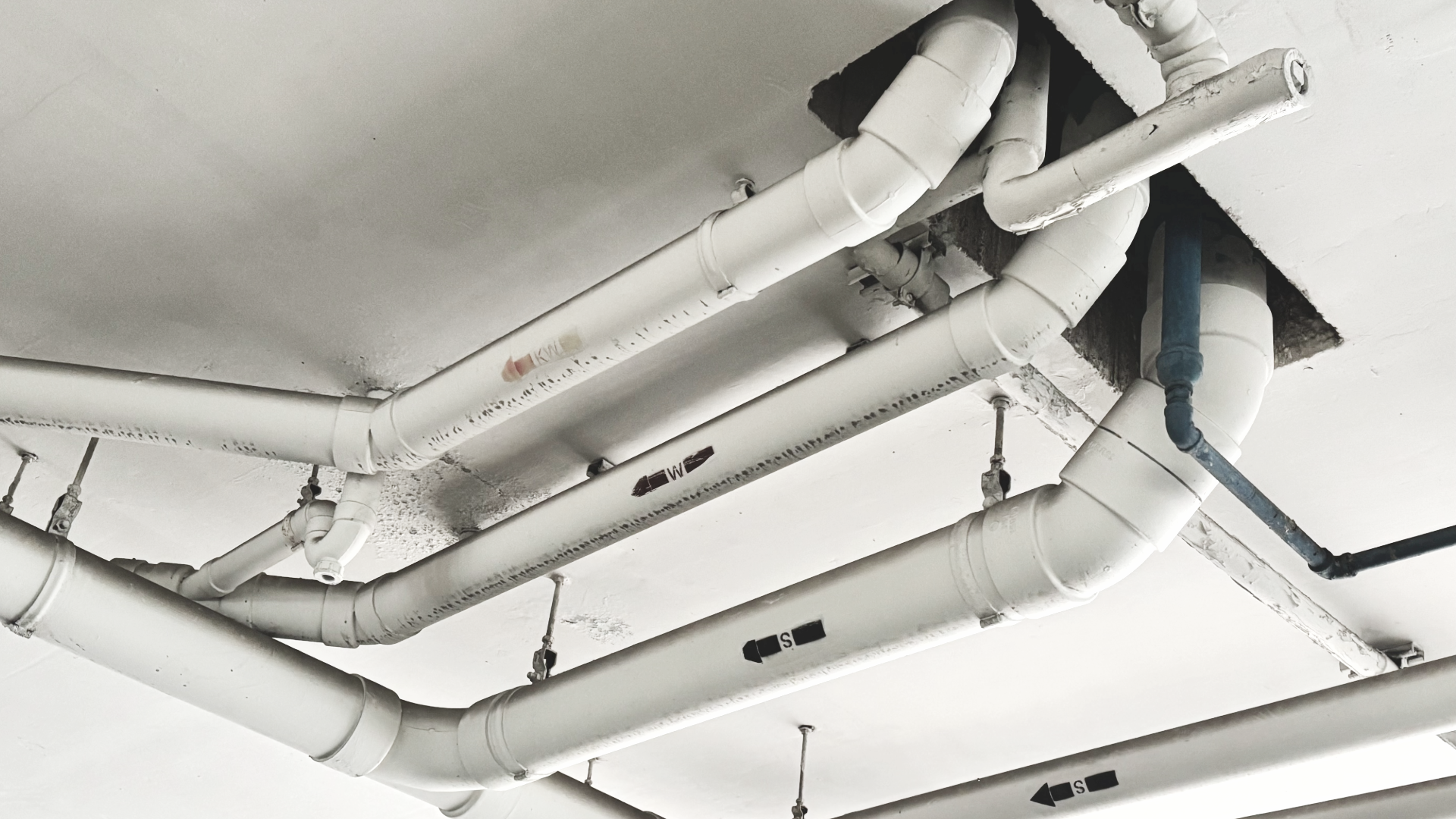

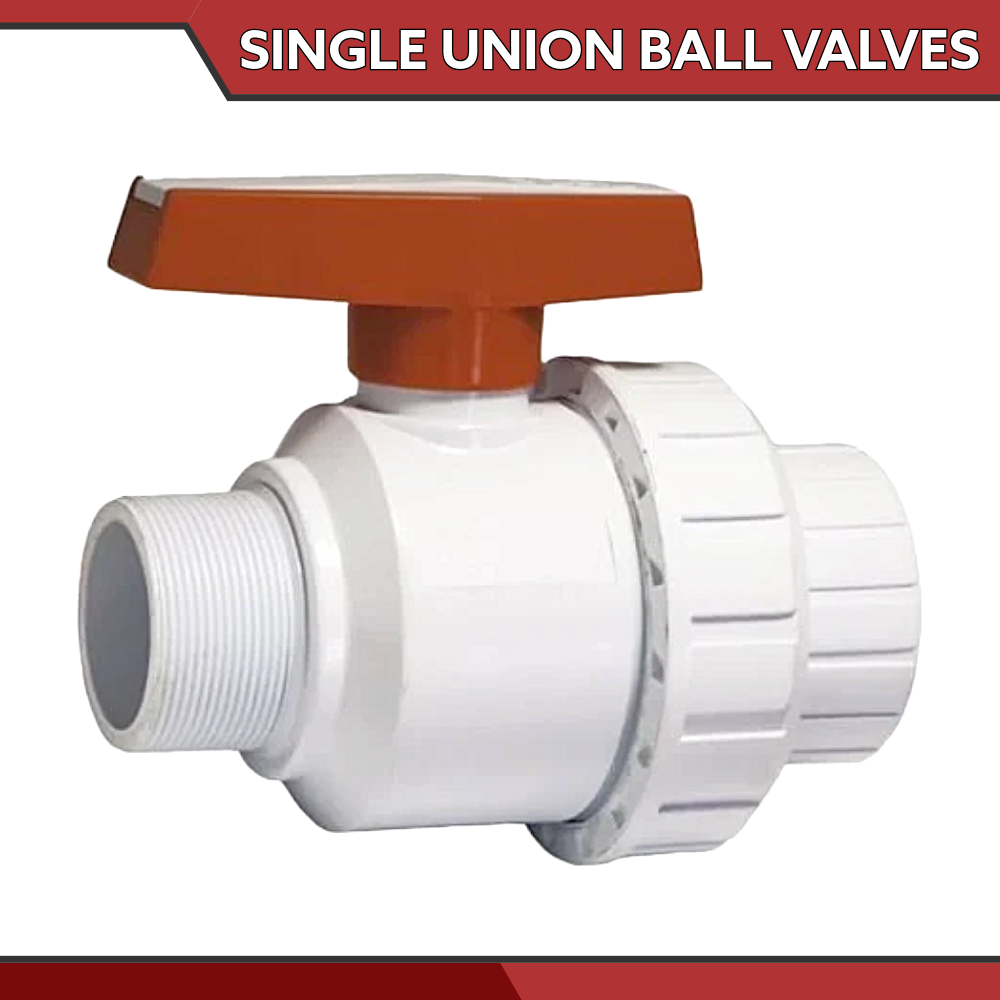

Single Union Ball Valves
Single union ball valves offer a semi-streamlined approach to flow control and deliver essential ball valve functionality without the complexity of double union designs. These valves serve as the practical choice for applications where straightforward operation and cost effectiveness outweigh advanced maintenance features.
Design and Features
Simplified Single Union Construction
Single union ball valves feature a union connection on only one end of the valve body. This simplified design reduces manufacturing complexity while maintaining the core benefits that make ball valves popular—quarter turn operation, reliable sealing, and long service life.
The single union allows for some degree of maintenance flexibility and is often used to provide a removable valve connection between equipment and a pipeline. You can disconnect the union end for limited access to the valve internals, though complete valve removal requires disconnecting both the union and the fixed end. This design strikes a balance between maintenance capability and budget considerations.
Lightweight and Economical
The streamlined construction makes single union ball valves lighter than their true union counterparts. Fewer components mean less material, reduced manufacturing time, and lower production costs. These savings result in more affordable pricing for end users.
The reduced weight also makes for slightly easier handling and installation. A 2 inch single union valve might weigh 40% less than an equivalent true union design, making it easier for installers to work with, especially in overhead plumbing or confined spaces.
Advantages
Budget Friendly Initial Investment
A primary advantage of single union ball valves is their lower upfront cost. Depending on size and specifications, they typically cost 20-40% less than equivalent true union designs. This cost advantage becomes significant when outfitting systems with multiple valves.
For projects with tight budgets or applications where advanced maintenance features aren't critical, single union valves provide essential flow control capabilities without premium pricing. The savings can be redirected to other components or simply reduce overall project costs.
Simple Installation Process
Single union ball valves install quickly and easily in most piping systems. The simplified design means fewer connection points and less complexity during installation. Most setups require only basic plumbing tools and skills.
The single union connection provides enough flexibility to accommodate equipment modifications and minor pipe misalignment while still allowing for future maintenance access. This flexibility during installation reduces the likelihood of costly rework or additional fittings.
Full Port Flow Performance
Despite their different construction, single union ball valves maintain full port design characteristics. When fully open, the valve's internal passage matches the pipe diameter to provide unrestricted flow with minimal pressure drop.
This full port design ensures maximum flow capacity. Whether you're moving water through an irrigation system or chemicals through a process line, single union valves won't create bottlenecks that reduce system performance. The unrestricted flow also reduces turbulence and pressure loss, which can extend pump life and reduce energy consumption in pumped systems.
Common Applications
General Plumbing Systems
Single union ball valves excel in standard plumbing applications where reliable flow control matters more than frequent maintenance access. These include building water supply systems, HVAC installations, and general industrial piping.
In these applications, the valves typically operate for years without requiring service. The cost savings from single union valves often outweigh the maintenance advantages of true union valves that may never be utilized.
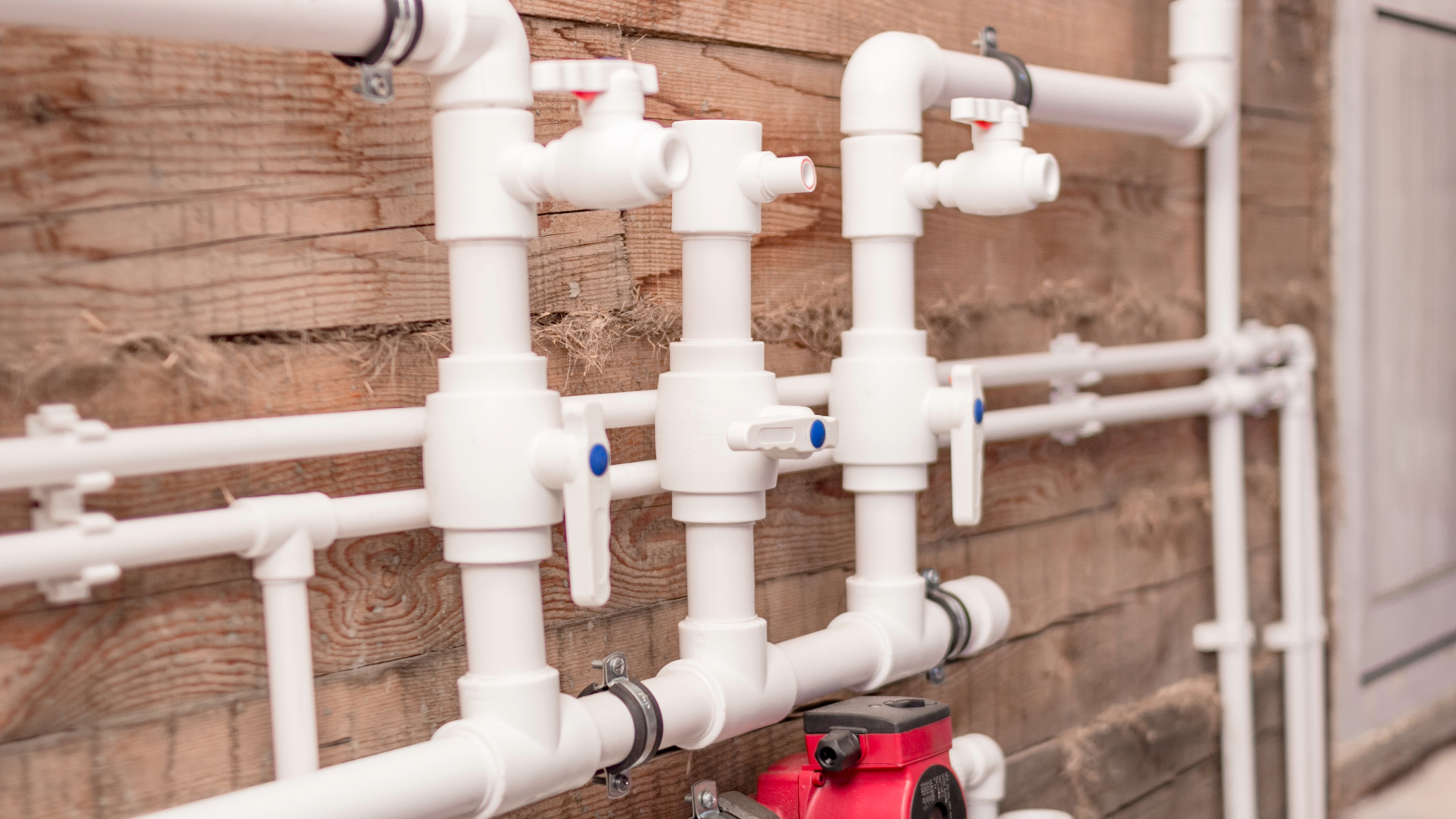

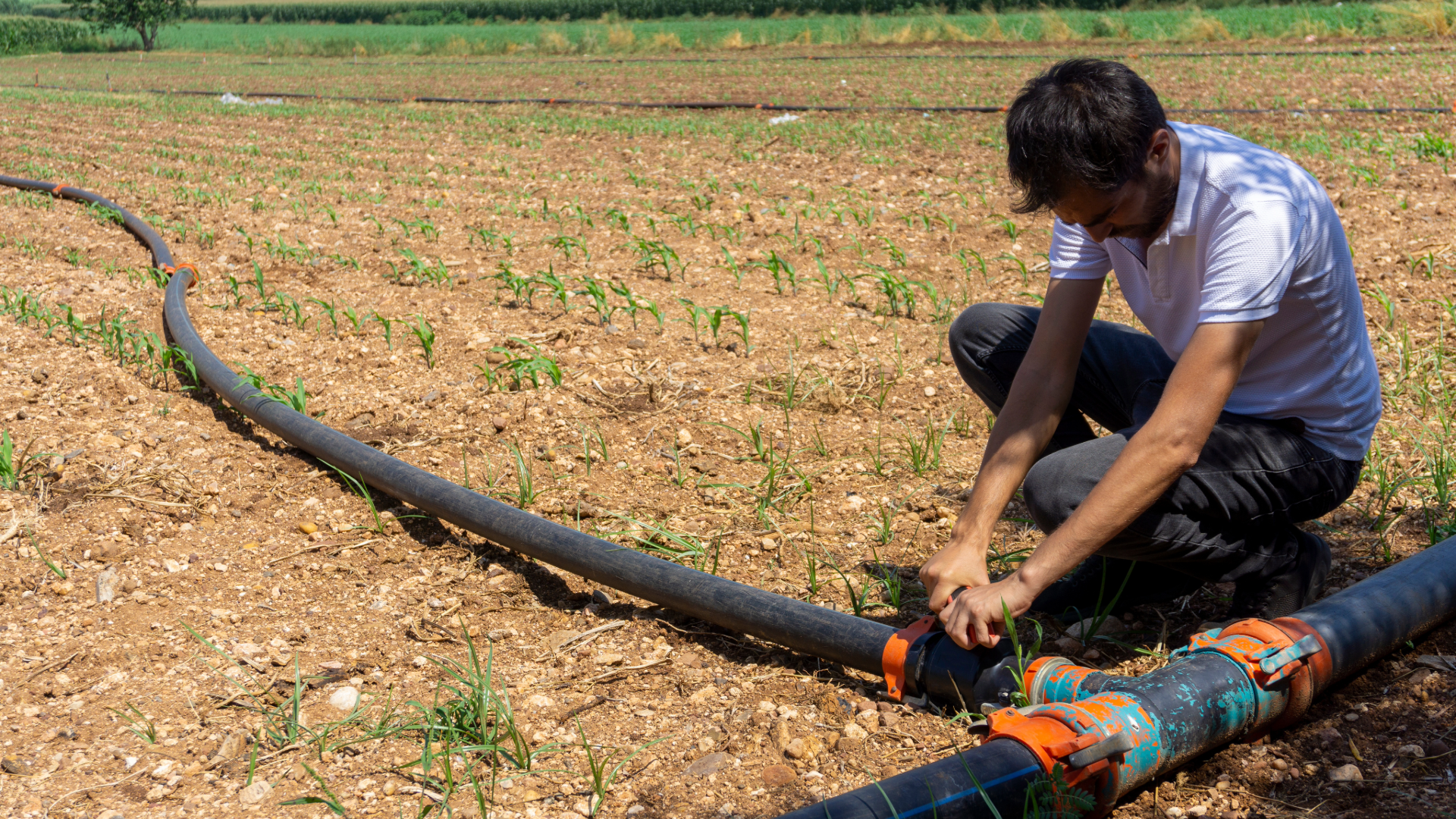

Basic Irrigation Flow Control
Irrigation systems frequently use single union ball valves for zone control, mainline isolation, equipment maintenance, and flow regulation. The reliable quarter turn operation provides quick response for irrigation scheduling, while the corrosion resistance provided by the PVC or CPVC construction withstands exposure to fertilizers and soil conditions. Their full port design ensures adequate flow for sprinkler and drip systems.
Residential and Light Commercial Plumbing
Residential and light commercial applications are ideal markets for single union ball valves. These markets typically prioritize initial cost savings over advanced maintenance features they're unlikely to use.
Residential pool systems, home irrigation, workshop air lines, and small commercial HVAC systems all benefit from single union valve simplicity and economy. Professional installation is straightforward, and the valves are capable of providing years of reliable service with minimal attention.
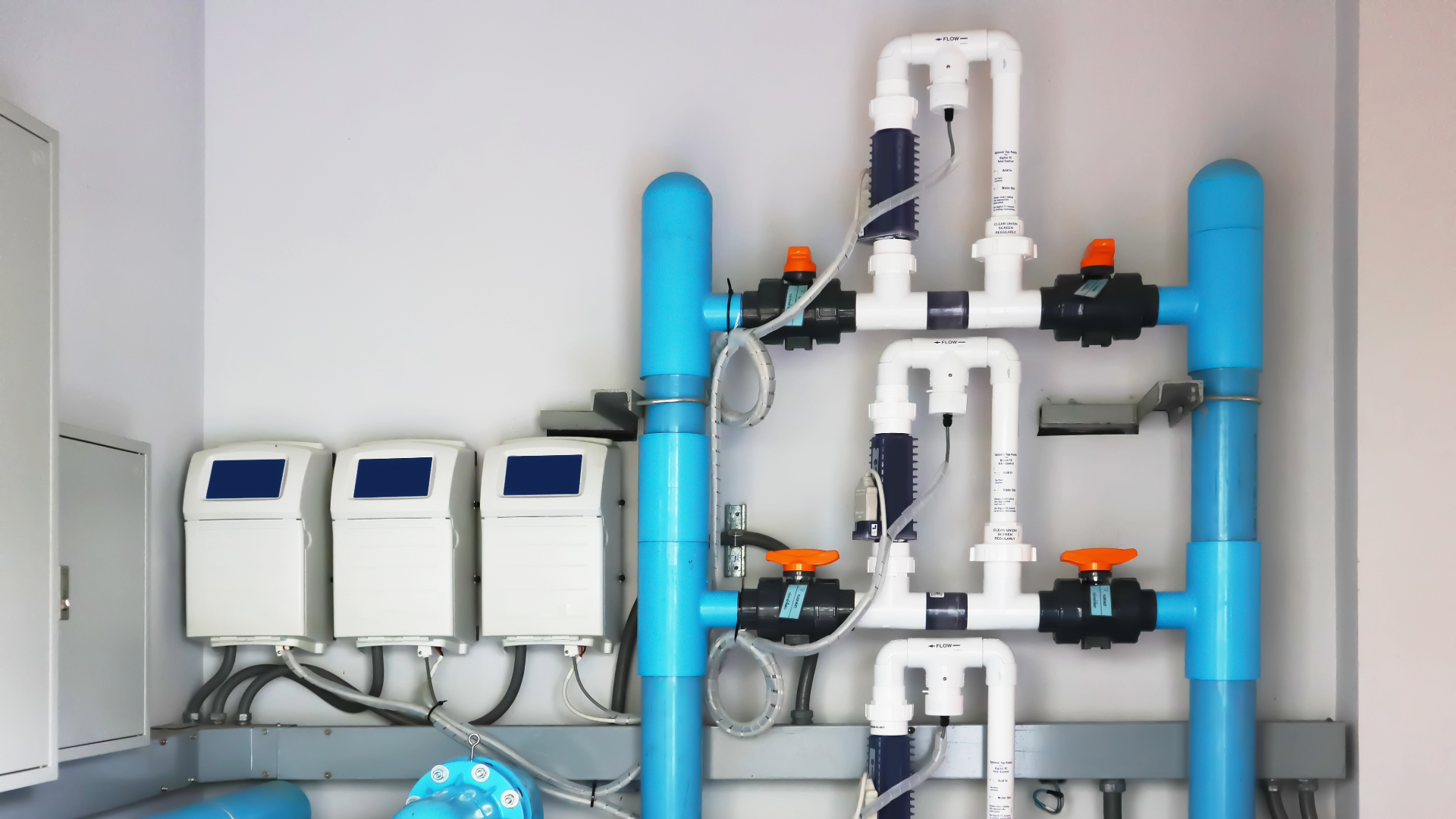

Key Differences Between True Union and Single Union Ball Valves
Choosing between true union and single union ball valves isn't just about upfront cost. The differences between these designs can affect everything from maintenance schedules to long term operational expenses. Understanding these differences can help you select the type of valve that best matches your system requirements and budget constraints.
Maintenance
True Union:
- Double union ends allow full removal without cutting pipes.
- Modular construction makes replacing seals and internal components easy.
- Ideal for applications needing frequent maintenance or fast service.
Single Union:
- Single union offers limited access—complete removal usually requires cutting or unthreading pipe.
- Less convenient for repair or replacement.
- Best for systems where valve service is rare.
Cost
True Union:
- Higher initial investment due to added features.
- Saves money long term with easier, faster maintenance and the ability to replace only worn parts.
Single Union:
- Lower upfront cost; economical choice for large projects or simple systems.
- Fewer features mean savings up front, with less concern for future maintenance costs.
Applications
True Union:
- Industrial and commercial settings.
- Water treatment, chemical processing, and any system where downtime is costly to production and results.
- Critical applications that demand system reliability.
Single Union:
- Residential and light commercial plumbing.
- Basic irrigation and utility water systems.
- Projects where low cost and simplicity are priorities.
- Pipelines with equipment that may need regular disconnection for maintenance or replacement.
Durability
True Union & Single Union:
- Both valve types are professionally manufactured and built for many years of reliable service.
- Main difference is in the amount of union style connection components; this doesn't affect overall valve durability.
Choosing the Right Ball Valve for Your Needs
Consider these quick points to find the best fit:
Application Type
- True Union: Best for industrial, high pressure, or hardworking applications requiring frequent maintenance (e.g., water treatment, chemical handling).
- Single Union: Ideal for residential, light commercial, or standard plumbing where maintenance is infrequent.
Maintenance Requirements
- True Union: Fast, easy servicing—valves can be removed and maintained with minimal service disruption.
- Single Union: Basic maintenance only—requires more work to replace or service fully.
Budget
- True Union: Higher upfront cost, but saves over time on labor and component replacement in demanding environments.
- Single Union: Lower initial investment, perfect for projects where simplicity and lower cost outweigh advanced features.
Material Compatibility
- PVC: Great for general use—handles water up to 140°F and most basic chemicals.
- CPVC: Needed for hot water (up to 200°F) or tougher chemical conditions.
Takeaway | Pro Valves from PVC Pipe Supplies
Choosing between true union and single union ball valves comes down to your application's needs. True union valves offer easy maintenance and long term value for demanding systems. Single union valves provide reliable, budget friendly flow control for simpler setups. Selecting the right valve and material, PVC or CPVC, will ensure lasting performance and compatibility.
Ready to make your choice? Visit the PVC Pipe Supplies Resource Center for quality information on plumbing and more. Explore our True Union Ball Valves and Single Union Ball Valves product pages for quality options. Contractors with large projects, fill out our contact form for a quote and potential discounts on bulk orders.
